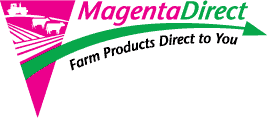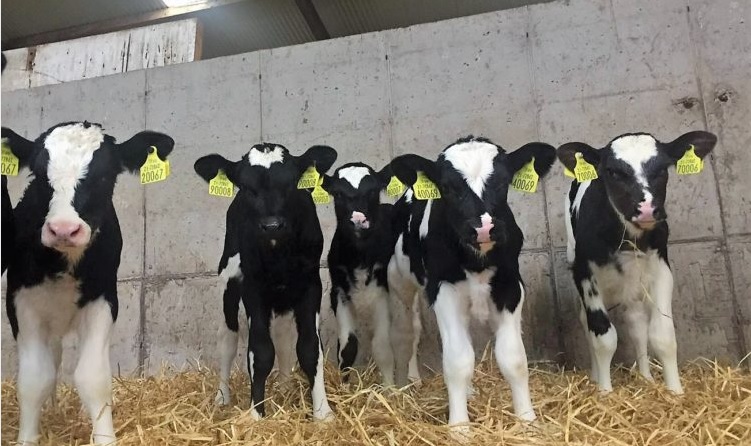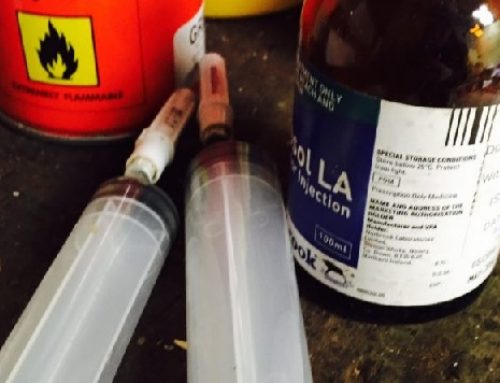The 2021 spring-calving season is kicking off on dairy farms across the country, with calves beginning to be presented for sale over the past couple of weeks.
Giving your calves the best start to life will maximise your chances of selling and ensure that customers return confident that they are receiving a healthy calf.
Animal Health Ireland (AHI) says that healthy calves should be:
- Bright;
- Responsive;
- Alert;
- Mobile;
- Have clear bright eyes and ears that are alert and mobile;
- Interactive with their environment, playful and inquisitive.
Colostrum Management
Calves are born with no immunity; so colostrum is needed to give the calf the vital antibodies that they need to protect themselves against infection.
Using the 1,2,3 rule:
- Use the first milk (colostrum) from the cow;
- Feed the calf colostrum within the first two hours of birth;
- Calves must be offered at least 3L of good-quality colostrum.
The first milking is best, as the quality of colostrum is highest when collected immediately after the cow calves – with the immunoglobulin content halved by the second milking.
Housing Conditions
If calves are housed in poor conditions they are more likely to get chills and scour – causing a fall in performance and leaving calves unsuitable for sale.
To avoid this, calves need a deep, dry bed of straw free from dampness. Dampness can be avoided by ensuring that the floor is constructed in such a manner that it allows urine and excess liquid to flow away.
The house should also be free from draughts. To prevent draughts, some farmers use straw or hay bales along open sides of buildings as a way of blocking the wind from reaching the calves.
Health Protocol
Scour is the biggest killer of calves under one month-of-age; with pneumonia being the biggest killer over one month-of-age, according to AHI.
Sick calves or poor performing calves won’t be able to be presented for sale and will add to the workload during a busy time of the year; so should be avoided at all costs.
Some forms of scour can be vaccinated against – including rotavirus, coronavirus, E.coli and salmonella. Whereas some cannot, such as cryptosporidium.
Cryptosporidium is extremely difficult to eradicate. Intensive washing and disinfecting before calving is essential, while ensuring that the chosen disinfectant is effective against cryptosporidium. If it has been an issue in the past, steam cleaning sheds is advised.
If a calf becomes sick it is a good idea to have a standard operating procedure (SOP) in place – outlining from start to finish how the calf will be managed to ensure he/she is effectively cured.
Article from Agriland.ie



